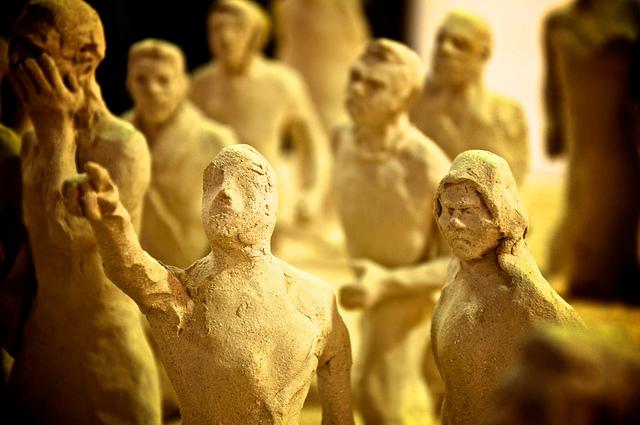You are 17 years old and living in a country where war surrounds you. With your 18th birthday around the corner, you are about to be drafted to fight for a cause with which you strongly disagree. Every day, bombs are falling on your village, and women, children and men are being shot for reasons you do not fully understand. You have friends and family who have been seriously injured by the war. You have two options: Stay in your country and risk your life by becoming an active participant in the war, or flee and seek safety for yourself and your family.
In Syria, this is the reality for millions of people of different religions, ages and political beliefs. There are currently over 11 million refugees who have fled Syria looking for a safer life for their families. There are another 13.5 million Syrians in need of humanitarian aid within their home country. Over 1 million refugees are currently living in Germany.
This past summer, I had the opportunity to spend two months in Germany working with IsraAID, a non-governmental organization that provides life-saving humanitarian aid around the world. I volunteered with refugees inside and outside the shelters and documented their stories.
I was once told that being a refugee is an experience, not an identity. This truth shone bright during my work in Germany. I spent about half of my time in a refugee shelter where over 1,100 refugees lived. When they first arrived, refugees were told they would only be in the shelter one month, and many have been there for over a year now. I played soccer with kids, played music with teenagers close to my age and had serious conversations with individuals each day about their lives in Syria and their journey to Berlin. I also ran education and social programs outside the shelters. I ran a program with Microsoft in which we taught refugees various computer skills and helped them create resumes in order to find jobs. The most intimate moments, however, were the times when we just talked and got to know one another. Through these interactions with different people, I became aware that each person has their own background and that their experience as a refugee is truly just that: An experience rather than an identity.
Farid is an Iraqi who came to Germany with his wife and three sons. While in Germany, he was a mechanical engineer and a translator for the U.S. Army. Jamal is 29 years old, his family is in Lebanon and he used to be a surgeon in Syria. Mohammad is 25 years old and loves to code in C++, Python and Java. When asked what he wanted individuals to know about refugees, Mohammad said that he wants people to know that they are all individuals, not to think that they are all terrible people. Through these interactions, and hundreds more throughout the summer, it became clear to me that each refugee wants to be seen as an individual. Refugees were forced into this experience because of phenomena outside of their control, but each individual has a past, and maybe more importantly, a future.
- – Mack Krell is a sophomore mechanical engineering major.
Photo courtesy of Vasilis Papadimitriou, Creative Commons









